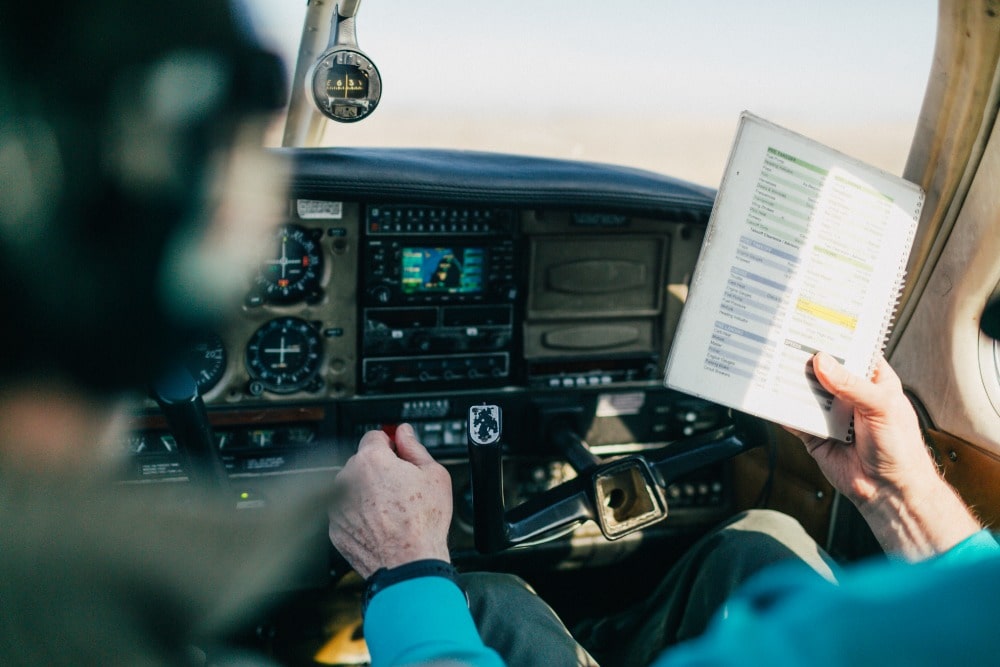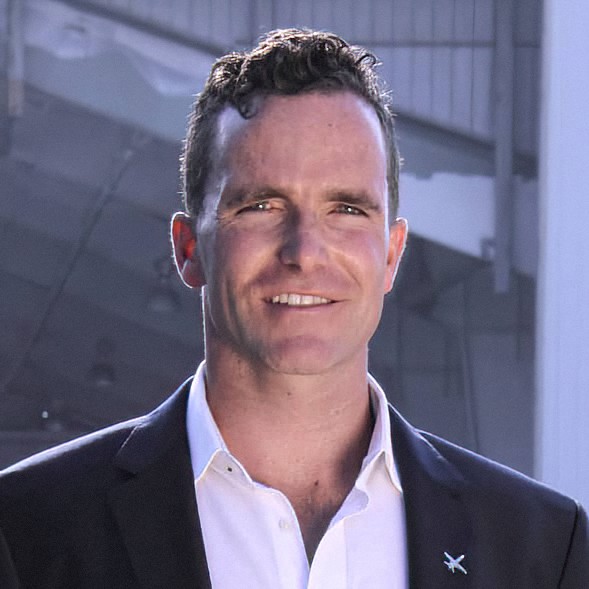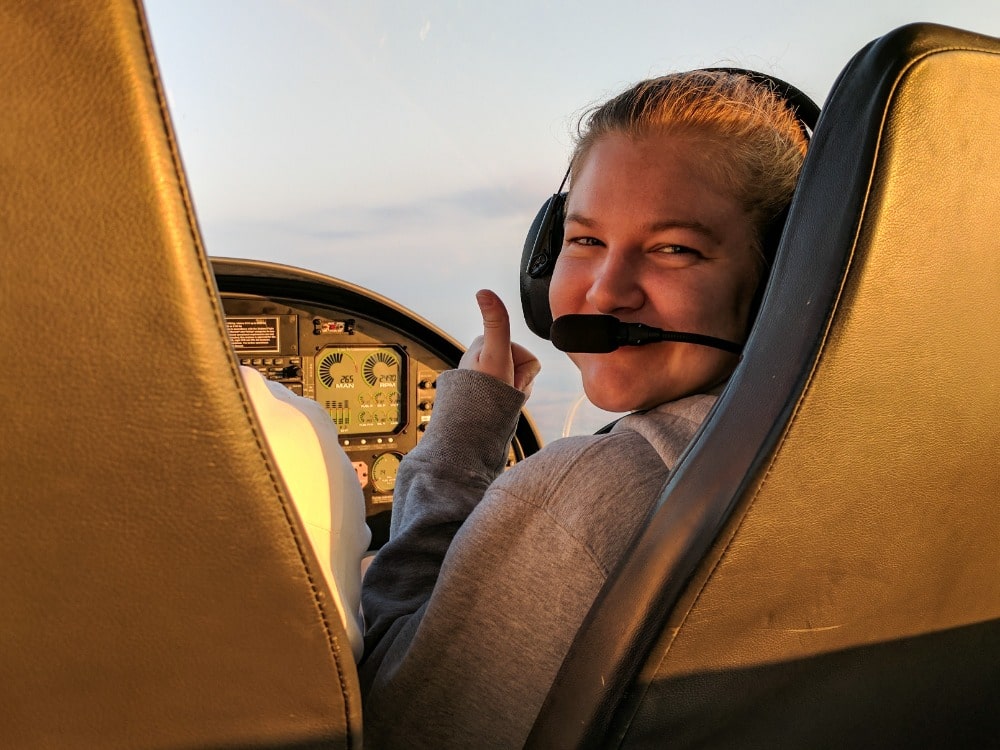Learning how to fly can be an incredible experience, both thrilling and challenging. While students gain a newfound sense of freedom in the sky, they must also remember that one wrong move can have serious consequences.
Student pilots often think that their instructor, FBO, or flight school has sufficient insurance coverage. However, these policies are created to protect the legal and financial interests of these entities, not necessarily those of the student.
The coverage may be limited and may not provide any protection in case of a lawsuit if damage is done to another aircraft or vehicle. In such cases, the flight school, flying club, or instructor might pursue legal action against the student in order to recoup any costs related to fixing or replacing an aircraft. Student pilots need to make sure they’re protected if an accident were to happen – and this is where non-owned aviation insurance comes in.
This type of coverage provides financial protection against bodily injury or property damage caused by a student pilot while flying an aircraft they don’t own. It can even provide reimbursement for medical expenses if the unfortunate situation arises.
Renters and CFI Non-Owned Insurance
| Insured Aircraft | Fixed wing and non-pressurized land (including seaplane and gliders) single engine with less than 450 horsepower and less than 7 seats |
| Medical Insurance | $3000 |
| Optional Non-owned Aircraft Property Damage | |
| Aircraft Deductible Liability | $5000 |
| Hangars and Contents | $25,000 |
| Add your company as additionally insured | $0 |
Non-Owned Liability Insurance
| Each Occurrence | Each Passenger | Annual Premium |
| $250,000 | $25,000 | $70 |
| 500,000 | $50,000 | $90 |
| $500,000 | $100,000 | $140 |
| $500,000 | $200,000 | $180 |
| $1,000,000 | $200,000 | $450 |
| $10,000,000 | CSL | $15,000 |
Non-Owned Aircraft Damage
| Damage Limit | Annual Premium |
| $10,000 | $140 |
| $25,000 | $225 |
| $50,000 | $420 |
| $100,000 | $800 |
| $200,000 | $1,600 |
Do Student Pilots Need Non-Owned Insurance – The Definitive Answer
Legally, it is not obligatory to have student pilot insurance (commonly referred to as renter’s insurance). However, it is highly recommended that student pilots do have non-owned insurance. Some flight training organizations will not accept students and/or rent an aircraft to them unless they have this type of coverage.
In the event that the aircraft owner’s insurer still tries to collect damages from the student, known as subrogation, having non-owned insurance ensures that certain losses not covered by the owner’s policy are taken care of.
Reasons Why Student Pilots Need Non-owned Insurance
- Student pilots are not covered by their instructor’s insurance policy, so they need their own coverage to protect them from potential financial losses due to an accident.
- Non-owned insurance can provide coverage for rental aircraft and other aircraft that the student pilot may fly during their training.
- In the event of an accident, non-owned insurance can help cover medical expenses for both the student pilot and any passengers involved in the incident.
- Non-owned insurance can provide coverage for loss of use if there’s damage to the aircraft making it unairworthy to fly and while in for maintenance getting repairs
- Non-owned insurance can also provide liability protection if a student pilot is found liable for damages in a flight incident.
- With the right coverage in place, budding aviators can know they’re taking every precaution necessary when seeking new heights in the sky. By investing in non-owned aircraft insurance, student pilots are helping to ensure their dream of flying remains safe and secure for years to come.
- While the plane is being fixed, it cannot be utilized for flights which can lead to a financial loss for the flight school or owner. They may then seek reimbursement from you, but insurance does not typically cover these types of expenses. To avoid this situation, consider getting non-owned insurance so you can file a claim quickly

Do Flight Schools Have Insurance for their Student Pilots?
Most reputable schools will always provide some form of insurance for their students, as this provides financial protection in case of any serious damage to planes or vehicles. Some flight schools may require their students to purchase a separate liability policy in addition to the school’s coverage. This helps protect the student if they are at fault in causing damage while flying.
Other schools may cover the cost of this additional insurance as part of a tuition package. No matter which option you select, make sure to double check with your instructor and review all documents closely so you can be assured that you have adequate coverage when training with a flight school.
Flight training should be an exciting experience, and having insurance is an important way for you to enjoy the journey with peace of mind! It can be the difference between a stress-free flight and one that could lead to potential legal issues or financial strain.
Do Private Pilots Have to Carry Insurance?
It is not legally required (except in some US states), but having the right type of aviation insurance is always a good idea. Whether just starting out or with plenty of time in the air, obtaining the correct coverage will make sure that pilots don’t face any unexpected financial issues when flying.
States that require private pilots to carry insurance:
- California
- Connecticut
- Hawaii
- Indiana
- Maryland
- Massachusetts
- Minnesota
- North Dakota
- Oregon
- Rhode Island
- Virginia

Benjamin Peterson
Graduated from the University of North Dakota with a degree in Commercial Aviation as a Pilot and Flight Instructor. My first professional job was working for Cirrus Aircraft as an instructor.
